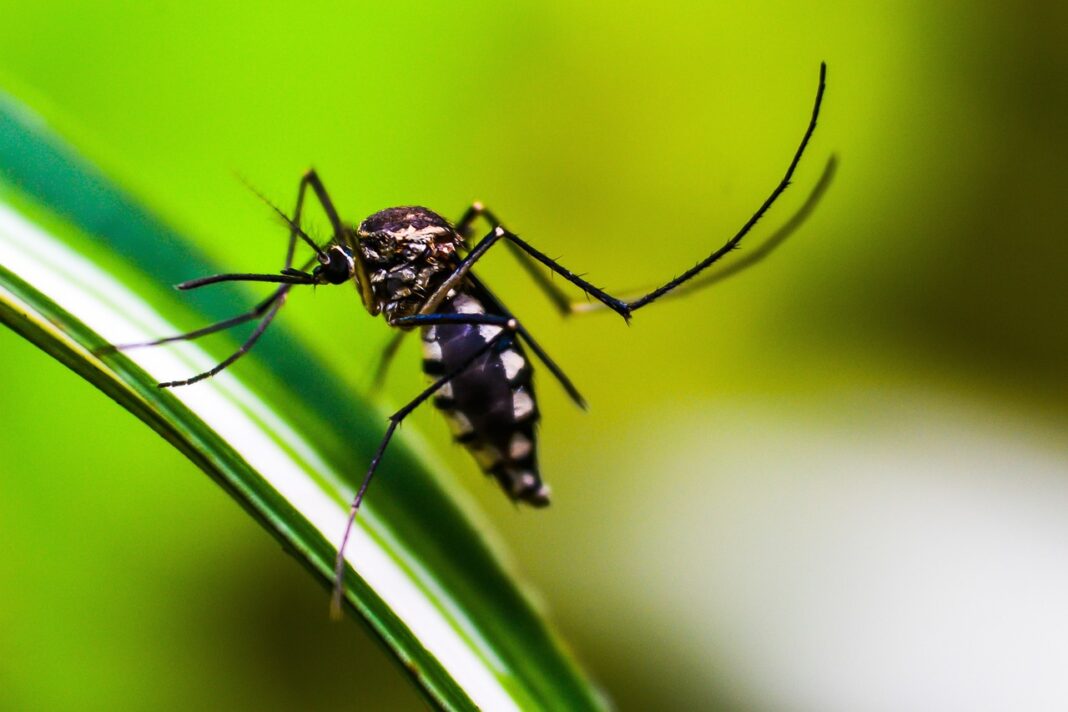Summer is the time to go out into the wild, inhale some fresh air, touch some grass, soak up the warm sun rays, and have a perfect day. Except for mosquitoes. We all know that sometimes it can feel as though there is nothing more annoying than having to deal with an itch caused by a mosquito. Just as the itching of one of the bites is starting to fade, you’ve got another bite to deal. Instead of enjoying nature, you find yourself flailing your arms in all directions trying to swat out the mosquitoes. Meanwhile, you turn to your friend and see that they are perfectly alright. The mosquitoes that won’t leave you alone, do not seem to have any sort of effect on others. Why is that?
As a person who has always been susceptible to mosquito bites, I find it intriguing how while some people can’t step outside in the summer without bug spray, others can sit outside for hours and remain unscathed.
Initially, I used to believe that blood type was the main reason for this discrepancy between the susceptibility of various people to mosquitos. However, there are other factors that come into play.
Why do mosquitos love to feast on human blood?
Surprisingly, only the female mosquitos actually bite humans. Sucking our blood gives the mosquitos proteins to help produce their eggs. To help locate the prey, mosquitos use their antennae and palps (organs between the antennae) to detect the carbon dioxide and odour that is emitted from the breath of humans. This means that usually people who have a high metabolic rate and emit more carbon dioxide such as those who have worked out, are pregnant, or are drinking alcohol have a higher chance of getting bit by mosquitos.
Is blood type important in determining if you’re a mosquito magnet?
This question is controversial in the scientific world. One theory suggests that blood type does play a key role in determining mosquito preference. In 2019, a study found that the mosquito vector of the dengue virus strain has a preference for the type O blood. However, separate research notes that laboratory data regarding the importance of blood type has increased a lot of speculation. A recent experiment now has revealed that genetics instead play an important role.
The Twins Study:
A 2015 study found that your genetic makeup accounts for about 67% of your mosquito attraction. That means that if you are unlucky enough to be suffering from mosquito bites, there is a 67% chance that it might just be your genes.
The study involved two groups of female twins – one group of fraternal twins and another group of identical twins. These two groups of twins were required to stick their hands in Y-shaped acrylic containers that allowed mosquitoes to detect their odour. The group of identical twins, who had the same genes, had more similar levels of mosquito attraction compared to the fraternal twins. Using data from an earlier study that had concluded identical twins shared the same body odour, the study decided that genetics do play an important role in determining the level of attraction an individual has towards mosquitos.
Conclusion:
Although mosquito bites can sometimes just feel annoying, they can be pretty dangerous. Some mosquito vectors can carry diseases like the dengue virus, Zika, chikungunya and West Nile fever. The World Health Organization (WHO) estimates these mosquito-borne diseases can lead to 700,000 deaths annually.
Even though you cannot change your genes to make you less susceptible to mosquitos, you can take some common sense precautions. This includes using bug spray when staying outside for long hours, and wearing long sleeved shirts and pants to avoid mosquito bites.

